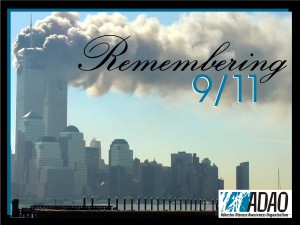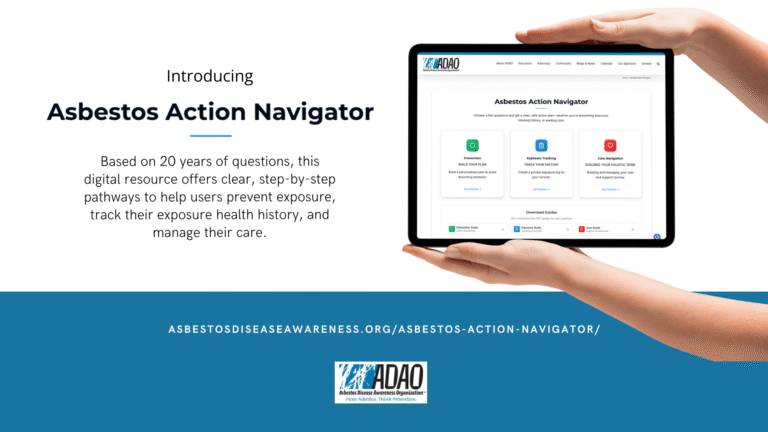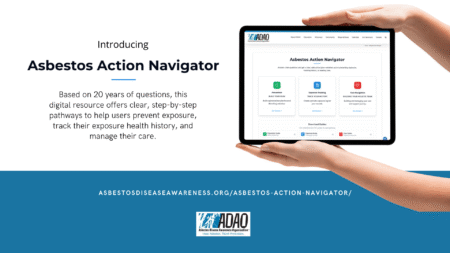Posted on August 18, 2025
On September 11, 2001, terrorists attacked the World Trade Center and the Pentagon, killing nearly 3,000 people and leaving a permanent scar on our nation. Twenty-four years later, the grief remains for those who lost loved ones and for the countless first responders who are now suffering from deadly asbestos-related diseases as a result of their service and sacrifice. As we remember this tragic day, we must also raise awareness about the ongoing health crisis affecting the heroes of 9/11.
9/11 First Responders and Asbestos Exposure
Many first responders rushed to Ground Zero to save lives, unaware or unconcerned about the toxic air they were breathing. The collapse of the towers released a massive dust cloud filled with asbestos, ground glass, lead, and other hazardous substances. Asbestos exposure is known to cause mesothelioma, lung cancer, and other severe respiratory diseases with long latency periods.
Now, nearly a quarter century later, these health issues are tragically appearing in the same first responders who risked everything to protect others.
“On September 11th, I, like every person in New York City, watched in shock and horror as our nation was attacked,” said Dr. Jacqueline Moline, Director of the Northwell Queens WTC Clinical Center, during a Congressional panel. “Based on our knowledge of the potential health effects related to asbestos and the other 150 toxicants individuals were exposed to on 9/11, we knew there was potential for both immediate and long-term disease. Sadly, there are more deaths among responders from WTC-related diseases than those tragically lost on 9/11/01.”
The Toxic Legacy of Asbestos
Asbestos has been recognized as a carcinogen for more than a century, yet it was still widely used when the World Trade Center was built. Banned asbestos fireproofing spray was applied in the towers, making the exposure after the attacks even more dangerous.
Despite decades of scientific evidence linking asbestos exposure to fatal diseases, asbestos remains legal in the United States. Over 40,000 people die a year from asbestos-related diseases in America alone.. In just 2022, one corporation, OxyChem, imported more than 300 metric tons of raw chrysotile asbestos. Safer alternatives exist, but industry lobbying has stalled a full ban for decades.
Protecting Our Heroes: Why We Must Ban Asbestos
Respiratory illnesses emerged in first responders soon after 9/11. Now, as the latency period for many asbestos-related cancers runs its course, diagnoses of mesothelioma and other deadly diseases are increasing. “We are now beginning to see more of the diseases with longer latency periods develop,” said Dr. Moline.
The heroes of 9/11 risked their lives for us. As Dr. Raja Flores, Chairman of Thoracic Surgery at Mount Sinai Medical Center, has said, “These brave men and women risked their lives to take care of us. Now it’s our turn to take care of them.”
A Call to Action
To honor the sacrifices of our first responders, we must take definitive steps to ban asbestos in the United States. Passing the Alan Reinstein Ban Asbestos Now (ARBAN) Act, the most comprehensive asbestos ban bill put before Congress in more than 30 years, is long overdue. Asbestos has no place in our homes, schools, or workplaces.
As we mark the 24th anniversary of 9/11, we extend our deepest condolences to the families of those lost and stand in solidarity with those battling asbestos-related diseases today. The attacks took thousands of lives in a single day; asbestos exposure continues to claim lives silently, year after year.
The time to act is now.


